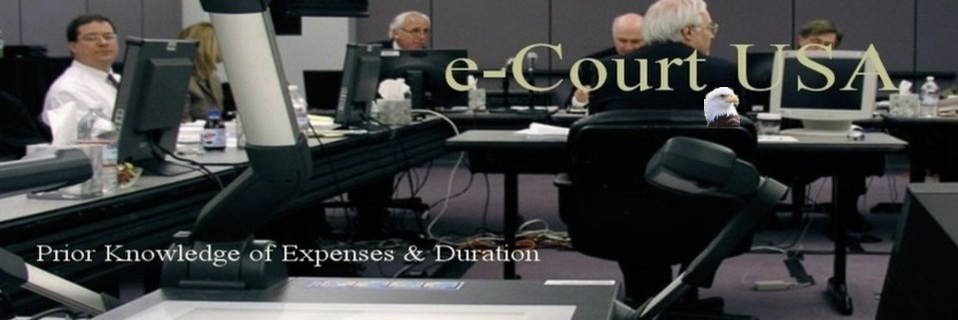Chapter V: issue and enforcement of award. The point that separates arbitration from other alternative dispute resolutio nmethods is enforceability of awards. Thanks to the various conventions in this context, nowadays enforcing of foreign arbitration awards is easier than enforcing of foreign court sentences. National and international arbitration codes do not have any consensus about necessary points in an award. However, necessity of arbitrators’ signature and necessity of being in written are the only issues which are cited in many arbitration codes and may cause problems in the online arbitration awards. On the other hand, some codes show more flexibility and believe that digital signature or record of an award will be adequate.
Another concern which seems more important is article 4 of New York convention which cites that “the duly authenticated original award or duly certified copy” is necessary for recognition and enforcement of awards. If the original is not produced, the successful party in the arbitration will not be able to invoke the NewYork Convention system, and will therefore not be able to have the award enforced. Although this Convention does not imply directly to the necessity of being in written or arbitrators’ signature,strict interpretation of this article can makes a few problems for online awards.
Two solutions have been cited for this problem: 1. Some believe that article 4 of New York Convention should be interpreted by considering of article 3 of this convention. Article 3 cites“ Each contracting state shall recognize arbitral awards as binding and enforce them in accordance with the rules of the procedure of the territory where award is relied upon” This means that if the state of enforcement accepts an electronic form of writing there should be no barrier to the enforcement of the electronic award. 2. Others believe that if we inquire the reason of this necessity, another solution will be discovered for us. According to this idea, “the role of the original is essentially to be a point of reference and a means of measuring the fidelity of the copies”. In these circumstances an electronic document, the integrity of which is guaranteed by third parties and by technology, can be considered an original.
While some experts still argued that the arbitral awards, whether final or provisional, must be written on paper and be signed in ink and by hand of arbitrators, these solutions don’t seem to be satisfiable. Others, who recognize the validity of electronic awards, recommend the handy signature of arbitrators and procuring hard copy of awards to prevent any obstacle which may stop enforcing awards. At the same time, sending the printed version of the award to the arbitrators to sign or use a trusted third party to confirm that the digital signaturesbelong to the arbitrators, has been addressed as a practical solution by the doctrine. Although legal obstacles which electronic awards are encountered them soundsolvable, hesitations and fears which have arisen out of different interpretations in the national courts is still a huge impediment in total adoption of electronic awards.
Conclusion: Problems of litigation in the commercial disputes have made the alternative dispute resolution promote day by day. Arbitration is one of these methods which have found international popularity due to accurate codes and enforceable awards. Using of arbitration in the cyberspace has become prominent because of its acceleration and decreasing expenses. It will simply be a matter of time before the use of online arbitration will become more pervasive. Expansion of using online arbitration makes lots of questions pose about the validity of various aspects of it in the conventional framework of national and international law. Virtual arbitration agreement, devices of this kind of arbitration and also security concerns in this context have made a few so-call obstacles in the way of its progression. However, as what we have inquired in this paper, most of these problems are solvable. At the same time, a few articles of New York Convention make some pot holes in the ODR field, nevertheless, more flexible interpretation or, base on another opinion, the amendment of this convention, can pave the way of these alternative methods. On the other hand, some practical problems have made online arbitration as a combination of traditional and virtual arbitration, although, it seems that it won’t take a long time to reach a complete online arbitration.
















